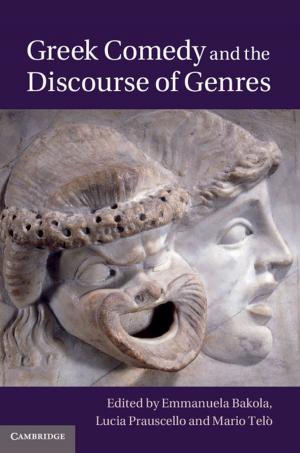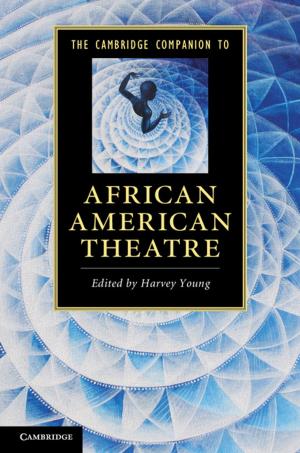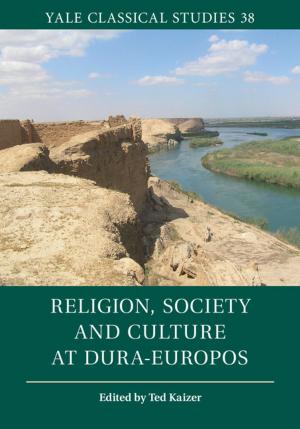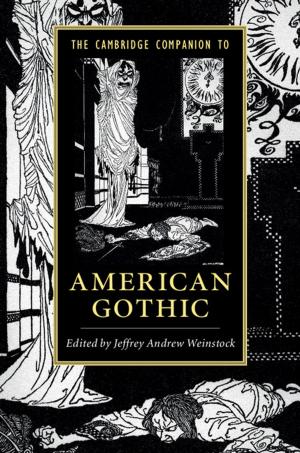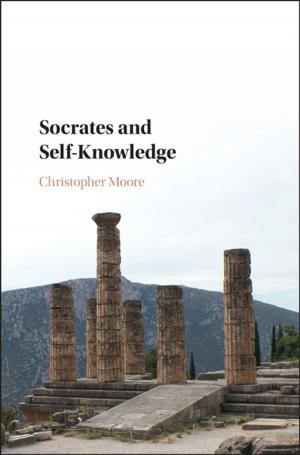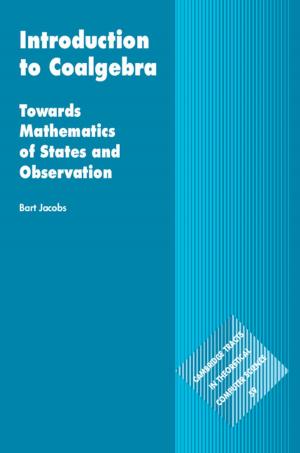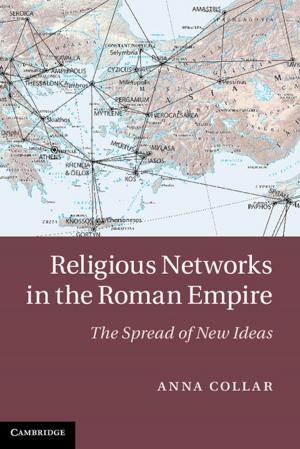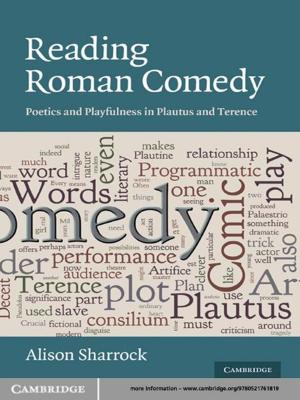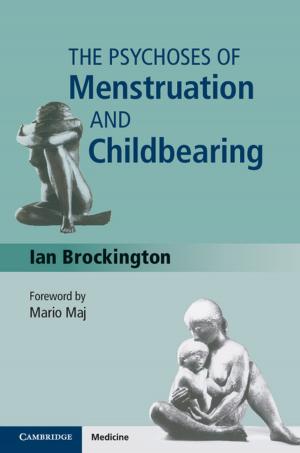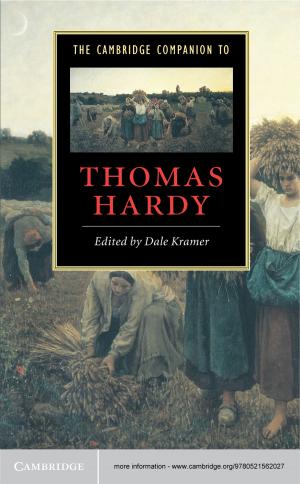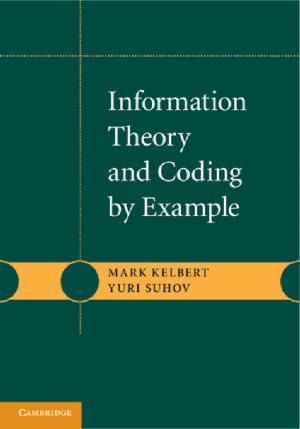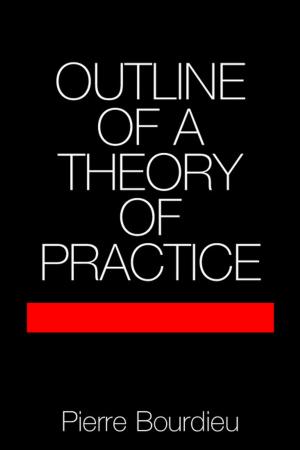Iambic Poetics in the Roman Empire
Nonfiction, History, Ancient History, Fiction & Literature, Literary Theory & Criticism| Author: | Tom Hawkins | ISBN: | 9781139904285 |
| Publisher: | Cambridge University Press | Publication: | April 17, 2014 |
| Imprint: | Cambridge University Press | Language: | English |
| Author: | Tom Hawkins |
| ISBN: | 9781139904285 |
| Publisher: | Cambridge University Press |
| Publication: | April 17, 2014 |
| Imprint: | Cambridge University Press |
| Language: | English |
This is the first book to study the impact of invective poetics associated with early Greek iambic poetry on Roman imperial authors and audiences. It demonstrates how authors as varied as Ovid and Gregory Nazianzen wove recognizable elements of the iambic tradition (e.g. meter, motifs, or poetic biographies) into other literary forms (e.g. elegy, oratorical prose, anthologies of fables), and it shows that the humorous, scurrilous, efficacious aggression of Archilochus continued to facilitate negotiations of power and social relations long after Horace's Epodes. The eclectic approach encompasses Greek and Latin, prose and poetry, and exploratory interludes appended to each chapter help to open four centuries of later classical literature to wider debates about the function, propriety and value of the lowest and most debated poetic form from archaic Greece. Each chapter presents a unique variation on how these imperial authors became Archilochus – however briefly and to whatever end.
This is the first book to study the impact of invective poetics associated with early Greek iambic poetry on Roman imperial authors and audiences. It demonstrates how authors as varied as Ovid and Gregory Nazianzen wove recognizable elements of the iambic tradition (e.g. meter, motifs, or poetic biographies) into other literary forms (e.g. elegy, oratorical prose, anthologies of fables), and it shows that the humorous, scurrilous, efficacious aggression of Archilochus continued to facilitate negotiations of power and social relations long after Horace's Epodes. The eclectic approach encompasses Greek and Latin, prose and poetry, and exploratory interludes appended to each chapter help to open four centuries of later classical literature to wider debates about the function, propriety and value of the lowest and most debated poetic form from archaic Greece. Each chapter presents a unique variation on how these imperial authors became Archilochus – however briefly and to whatever end.

